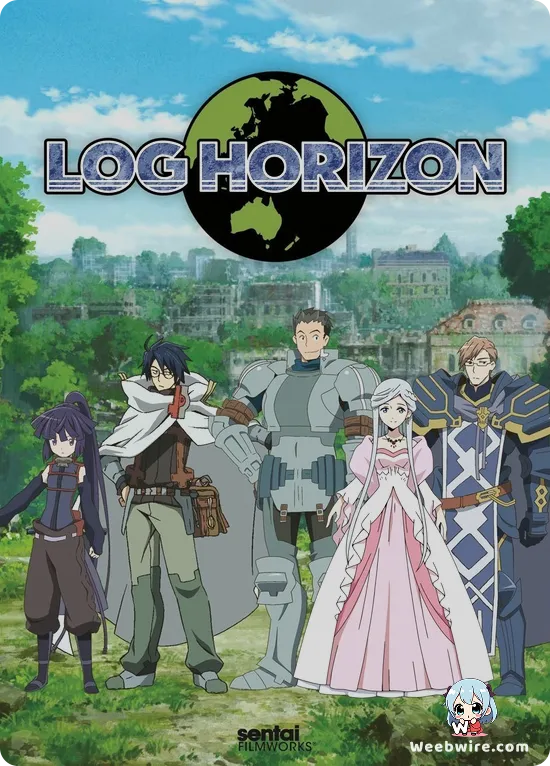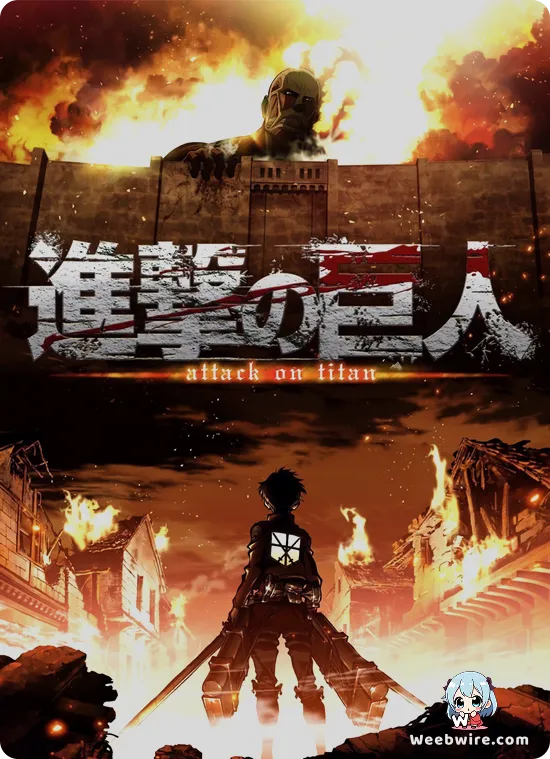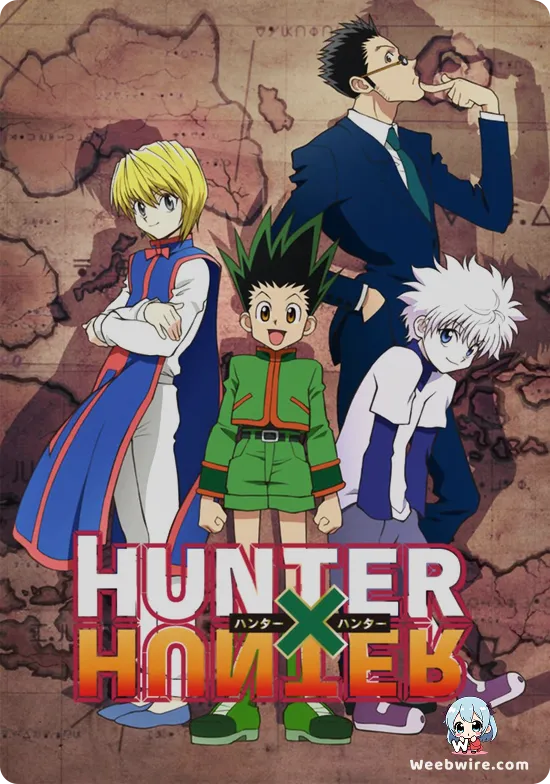

© Studio DEENwww.crunchyroll.com
Overview
Set one year following the Catastrophe that irrevocably trapped thousands of players within the digital confines of the MMORPG Elder Tales, "Log Horizon: Destruction of the Round Table" serves as the pivotal third season of the highly acclaimed series. The narrative shifts its focus from initial survival to the complex, fragile sociopolitical structure established by the protagonist, Shiroe, and his allies: the Round Table Alliance. This governing body, designed to maintain order among the Adventurers and foster necessary relations with the native People of the Land (NPCs), faces unprecedented internal and external pressures. The central conflict revolves around the titular destruction of this alliance, instigated by the secession of key guilds, most notably Honesty, and the subsequent demand for democratic elections, which threatens to plunge the city of Akiba back into chaos. The setting of Elder Tales remains a detailed canvas for exploring mature themes of governance, economic stability, and international diplomacy, as the Adventurers struggle to define their future not just as players, but as citizens of this new world. Simultaneously, the threats escalate beyond internal politics. Powerful, mysterious elite monsters known as Geniuses begin launching devastating raids on Akiba, forcing the strategists like Shiroe, the fierce assassin Akatsuki, and the emerging leader Minori to adapt quickly. This season masterfully blends strategic action and complex political intrigue, providing a deep dive into the evolving lore of the game’s meta-structure while examining the practical challenges of sustaining a functioning society built on virtual rules. Produced by Studio DEEN, this installment is a thoughtful exploration of leadership and community under duress.
Opinion
"Log Horizon: Destruction of the Round Table" delivers a compelling, intellectually stimulating continuation of the series, successfully cementing its niche as an isekai focused more on political economy and societal reconstruction than typical power fantasy. Studio DEEN’s production maintains a high standard of animation quality, particularly in character designs and the detailed presentation of Akiba, though the animation budget is visibly conserved in sequences prioritizing strategic dialogue. The action, when it occurs, is fluid and well-choreographed, especially during the high-stakes Genius raids, but the overall pacing is deliberately slow, focusing heavily on meetings, negotiation, and character introspection. This measured pace effectively serves the complex narrative of political breakdown and reform, appealing strongly to viewers who appreciate depth over rapid action. The voice acting performances are universally strong, with Takuma Terashima’s portrayal of Shiroe capturing the strategist’s weary brilliance and Rie Takahashi giving Akatsuki depth beyond her combat role. Character development is a highlight, particularly watching junior characters like Minori step into leadership roles. Thematic depth regarding bureaucracy, the definition of citizenship, and the responsibility of power is profoundly explored. While some viewers might find the emphasis on political maneuvering dense, it is integral to the series' unique identity. The overall execution is polished, complemented by a memorable soundtrack that underscores the tension and strategic gravity of the events unfolding.
Characters
Naotsugu
Voice: Junya Enoki
Minori
Voice: Yui Ogura
Akatsuki
Voice: Rie Takahashi
Shiroe
Voice: Takuma Terashima
Emein
Voice: Hiroki Yasumoto
Credits
Studio
Studio DEEN
Cover Art
Studio DEEN Art Team
Publisher
Enterbrain
Producers
Studio DEEN, NHK Enterprises, Bandai Namco Arts
Episodes
Season 1
12 episodesInformation
Genres
Related Anime

Fullmetal Alchemist: Brotherhood

Haikyu!!

Attack on Titan

Hunter x Hunter Story, Characters, Revival News, & Similar Anime

Gintama.: Slip Arc
